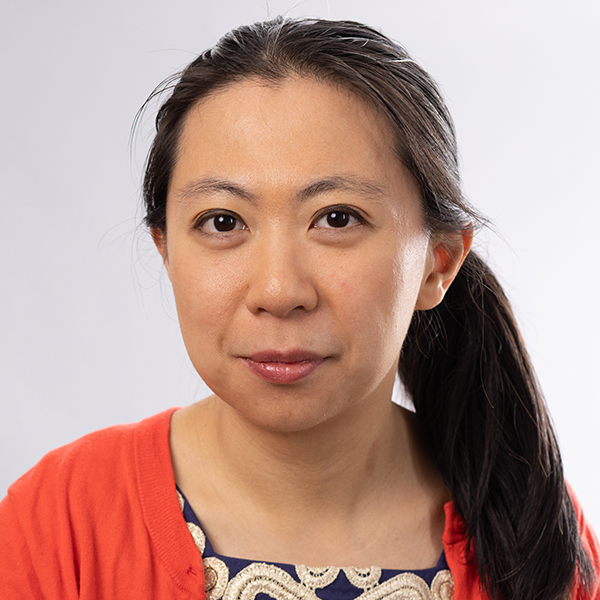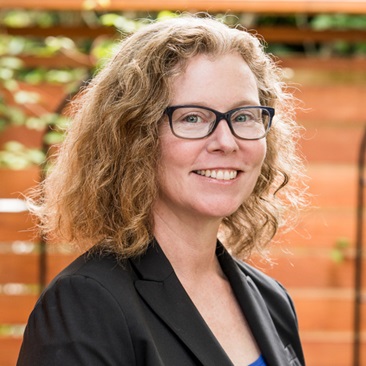full-time faculty teaching and conducting research in political science
of Maxwell faculty conduct research focused outside of the U.S.
graduate students in residence; fewer than 12 admitted each year
Undergraduate Studies
Graduate Studies

I am Maxwell.
Civic engagement is a core value for me. I have always aspired to help the communities I’m from.” Mazaher Kaila, a Maxwell alumna and third-year student at Syracuse University's College of Law, moved with her family from Sudan to Central New York when she was four years old. “I realized that to make meaningful change in society, I needed to understand the systems that power it—government and politics—and that’s insight I would gain by studying political science.”
Mazaher Kaila ’19, L’22
political science, law
Griffiths Talks to USA Today About Eastern Oregon’s Secession Effort
May 21, 2024
USA Today
An Oregon ballot initiative to shift the border 200 miles west is the latest in a long line of seccession efforts that highlight the nation's sharp divide. The “Greater Idaho Movement” came about because residents of rural, conservative eastern Oregon are frustrated with their liberal urban neighbors.
Ryan Griffiths, professor of political science and author of “Secession and the Sovereignty Game: Strategy and Tactics for Aspiring Nations” (Cornell University Press, 2021), says that, like other secession efforts, the Greater Idaho Movement lacks a significant groundswell of public support, and in most cases is more of a referendum on state-level governance.
“It's a pipe dream, in a way. What they're doing is partly performative, for ideological purposes,” he says. “A lot of time, secessionist movements are really just bargaining efforts.”
Read more in the USA Today article, “Tired of your state politics? These residents are looking to secession as the solution.”
Related News
Commentary

Aug 1, 2024
Commentary

Jul 31, 2024
Commentary

Jul 30, 2024
BaoBao Zhang Joins First Cohort of AI2050 Early Career Fellows
One of only 15 scholars chosen from across the U.S., Zhang will receive up to $200,000 in research funding over the next two years. Zhang will use the funding to partner with the nonprofit, non-partisan Center for New Democratic Processes to test whether public participation in AI governance is increased through the creation of public assemblies, known as “deliberative democracy workshops.”
Baobao Zhang
Assistant Professor, Political Science Department

Griffiths Talks to USA Today About Eastern Oregon’s Secession Effort
May 21, 2024
USA Today
An Oregon ballot initiative to shift the border 200 miles west is the latest in a long line of seccession efforts that highlight the nation's sharp divide. The “Greater Idaho Movement” came about because residents of rural, conservative eastern Oregon are frustrated with their liberal urban neighbors.
Ryan Griffiths, professor of political science and author of “Secession and the Sovereignty Game: Strategy and Tactics for Aspiring Nations” (Cornell University Press, 2021), says that, like other secession efforts, the Greater Idaho Movement lacks a significant groundswell of public support, and in most cases is more of a referendum on state-level governance.
“It's a pipe dream, in a way. What they're doing is partly performative, for ideological purposes,” he says. “A lot of time, secessionist movements are really just bargaining efforts.”
Read more in the USA Today article, “Tired of your state politics? These residents are looking to secession as the solution.”
Related News
Commentary

Aug 1, 2024
Commentary

Jul 31, 2024
Commentary

Jul 30, 2024

